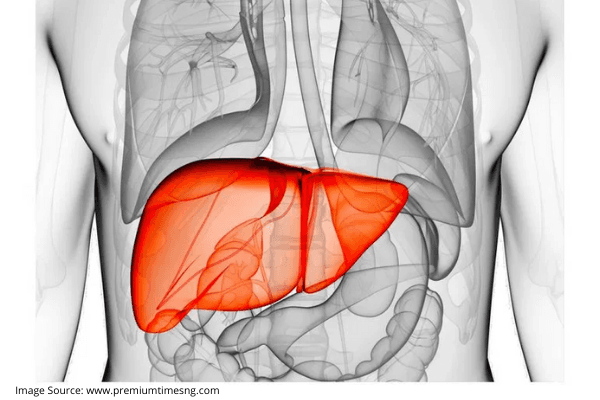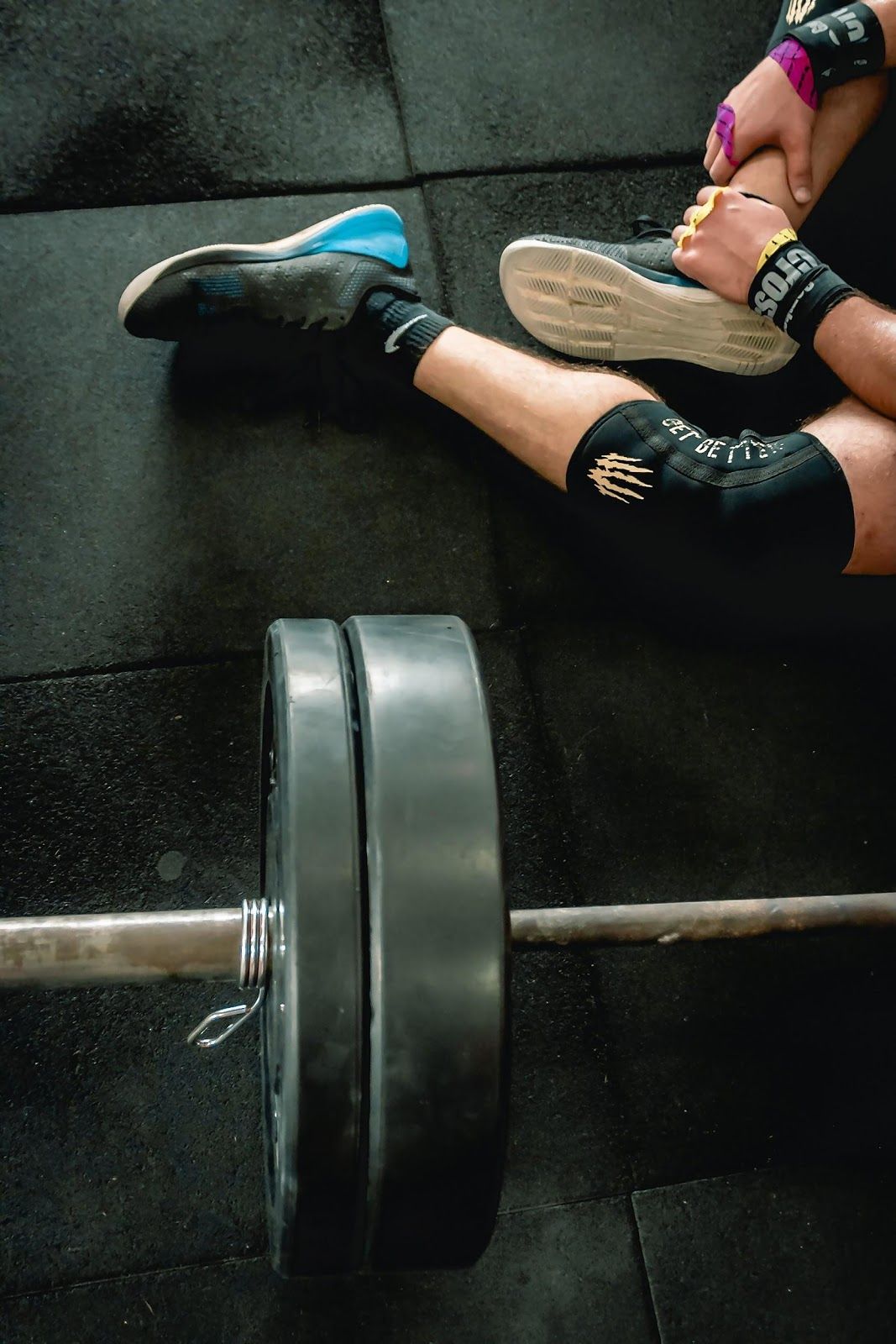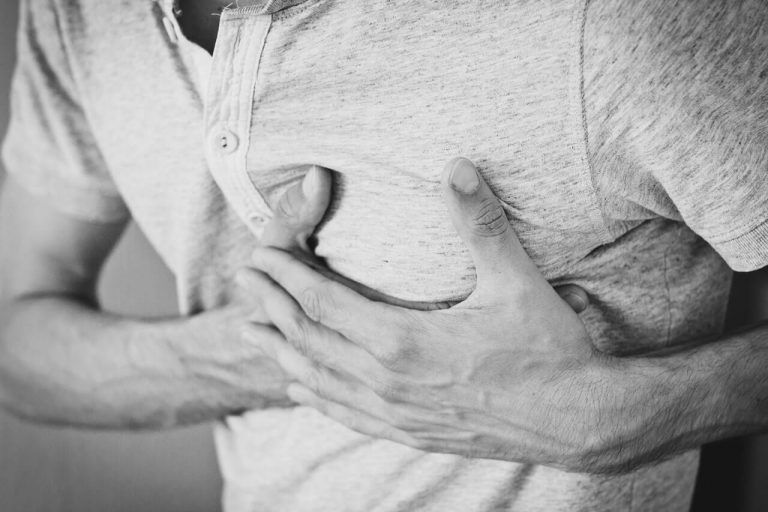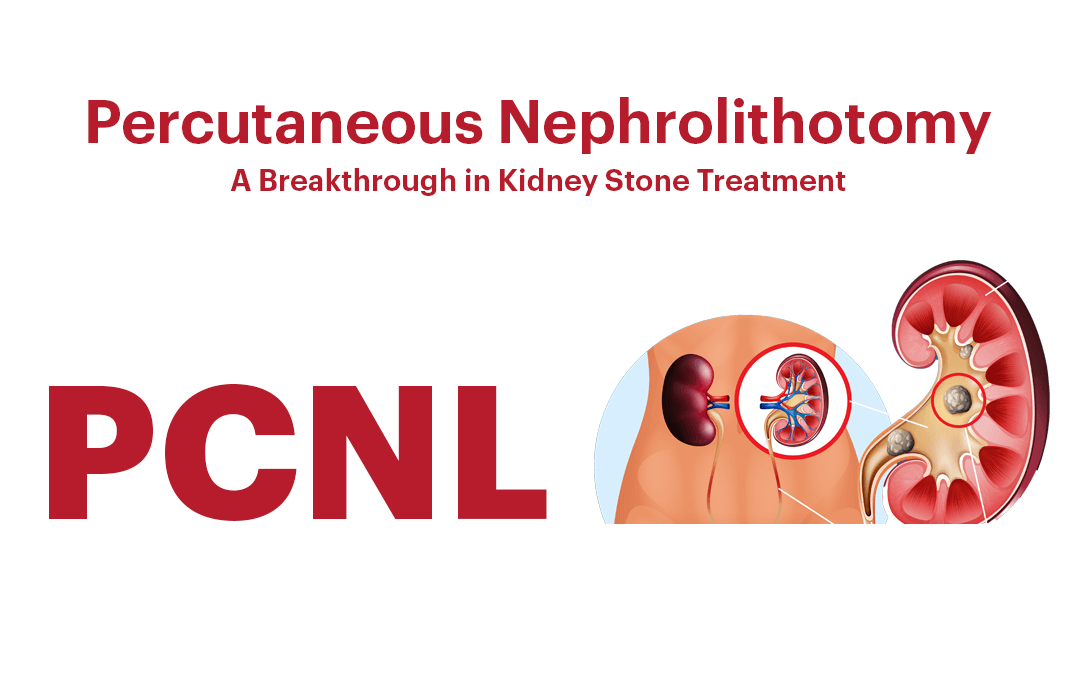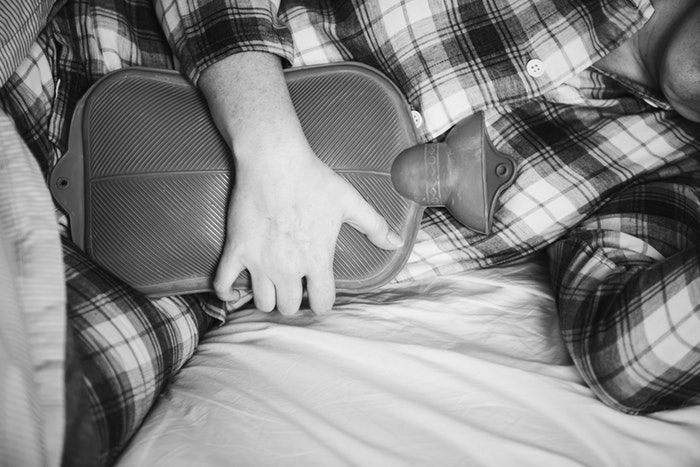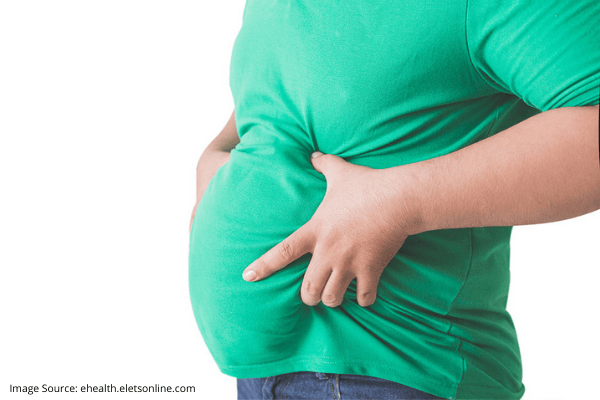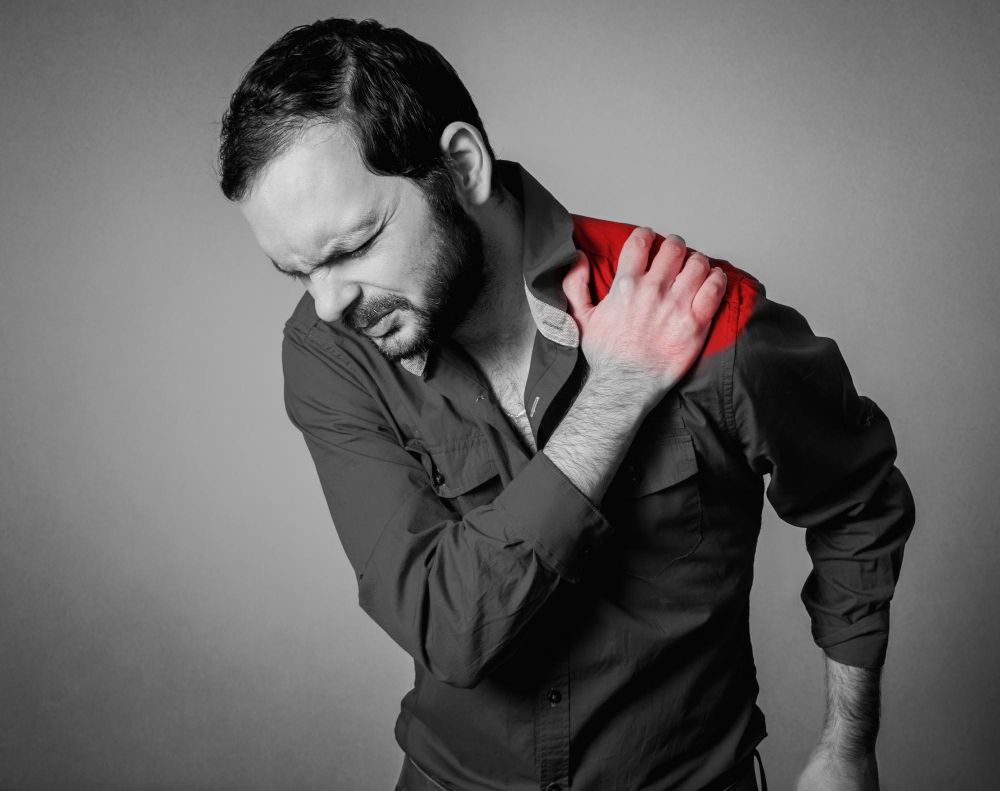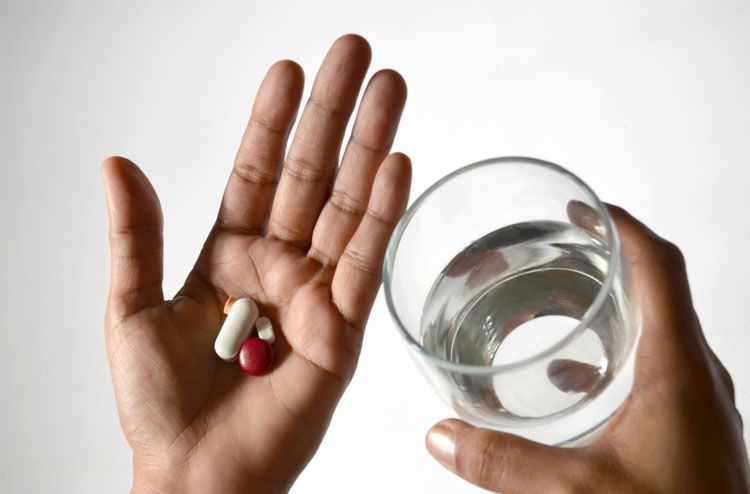Living With a Transplanted Liver
If the body were a car, your liver would be the engine. Everything that you eat and drink is processed; either as nutrients for the body or eliminated as waste. Several conditions require liver transplant. The most common reason is liver cirrhosis- a condition wherein scar tissues replace healthy liver tissues. Ideally, medications and a self-regulated lifestyle should help a patient survive without the need for a transplant. Patients with an advanced liver complication may, however, need a transplant. A liver transplant in India costs one-twentieth the cost of procedures in USA, UK, and other European countries. Liver transplant is a relatively safe procedure with an overall success rate of more than 90%. But there are a few caveats, viz.
First Three Months After Operation Are Critical
They’re the most difficult as well. Your body has to adjust to the new liver, and that is why medications are critical. Never skip medications unless advised by the physician. For the first few weeks, patients will be placed in the Intensive Care Unit to check if the grafted liver functions normally. You will be monitored for infections, and to look for symptoms of rejection (of the liver by the body).
Once you’ve been moved to the ward, we’ll suggest physiotherapy to help regain muscle strength. Usually, patients are fit enough to care for themselves by the time they’re ready to leave the hospital. And if things go well, you should be ready to take up regular work with 4-6 months after a transplant.
The Later Six Months
After discharge, you will be asked to come at least once every week for checkups and lab tests. These visits will gradually be reduced to once every month and then once every year. The physician will review (and revise if needed) medications. These are important as they help to prevent rejections. Medicines prevent your body from resisting foreign bodies. Because these drugs reduce your body’s ability to fight infections, you’ll be prescribed medication to prevent infection. You’ll also be advised to maintain hygiene and avoid contact with people with infections.
Pain
Will I have to live in pain? A little pain after surgery is common. But it isn’t as severe as surgeries involving other abdominal complications. During the surgery, your nerves were severed, causing numbness around the abdominal area. You may also experience back pain for a few months after surgery. Pain medications should help you sail through.
Medications
For the first few months, you’ll be given around 7-10 medicines: some to prevent rejection, some to prevent infection, some to manage pain, and some to treat the side effects of immunosuppressant. As you recover, these will be reduced to 1 or 2. You’ll have to take an immunosuppressant for the rest of your life.
Hygiene
Personal hygiene is crucial to keep infections at bay. This includes keeping yourself clean, maintaining the house clean (pest elimination and prevention), avoiding crowded places, avoiding contact with animals, etc. This is especially important for the first six months after the operation. You have a higher risk of contracting immune related problems- remember to report any changes or signs during your follow-up care routine.
Dietary Lifestyle
Your body needs energy to recuperate and hence will be advised to resume a regular diet as soon as possible. You’ll, however, experience problems like nausea, flatulence, loss of appetite, etc. You’ll be advised to reduce your meal size and control liquid intake, until some time. You’ll be given nutritional supplements for the first few months to help the body regain lost nutrients. Our dieticians will guide you about the quality and quantity of food intake. This includes proteins from plant sources, calcium, food rich in starch and fiber, and avoiding fat and sugary foods. You’ll be asked to reduce intake of salt. Meat, poultry, eggs, fish, etc. should be cooked thoroughly. Check the use by date carefully before eating processed food. Do not eat food that’s refrozen after thawing. Wash vegetables and fruits before eating them.
Alcohol
You will be advised to quit smoking and drinking- even in moderation can be harmful. Alcohol could cause further liver complications and interfere with the immunosuppressant medications, while cigarette can put you at risk for a chest infection.
A majority of patients can live a normal life without too many complications. You can return to your normal sex life (women should, however, avoid becoming pregnant during the first year after transplant), take up regular work, and live life with zest.
Ten Effective Remedies That You Can Refer to When You Are Suffering from Muscle Cramps
Finally starting off with the gym life can get too overwhelming until you hit those muscle cramps along with the weights.
ICSI(Intra Cytoplasmic Sperm Injection)
Normally during every mid-menstrual period, one of the 2 ovaries releases an ovum. Each ovum is covered by a membrane called follicle,
Pregnancy and Delivery Care
Nothing could possibly compare to the joy of becoming a parent. After nine long months of waiting, the moment you have been waiting for is almost there:
Some Common Causes of Chest Pain
The first thing that jumps into the mind whenever you have some sort of chest pain is heart attack! It’s only human to feel that way
Organic Food Vs GMO Food: What Should You Pick?
There is no doubt that the quality of food we consume is crucial for our good health. And with more people becoming health conscious the d
Importance of Breastfeeding and Vaccinations for Newborns
Going nature’s way is best when it comes to providing nourishment for the apple of your eye – your baby. Breast milk is best for your baby as it
Percutaneous Nephrolithotomy (PCNL): A Breakthrough in Kidney Stone Treatment
Kidney stones, those small, hard mineral deposits that form in the kidneys, can cause excruciating pain and discomfort.
Skin Tags - Benign Tumor or Cancerous Tumor?
Skin tag if observed is a narrow stalk that hangs about your skin, bulging at the end. They are usually freshly colored and can grow anywhere on your body.
3 Ways Vitamin C is Helpful for the Immune System
The water-soluble vitamin, Vitamin C is also known as ascorbic acid. It is helpful in building up the blood vessels, skins, and making bones stronger
4 Signs of Mental Illness
As life has gotten fast and hectic, different health issues have got introduced lately. Not just physical issues,
4 Ways Night-Shifts Can Be Dangerous For Your Menstruation And Ovulation
A good night's sleep is of value for pregnant women. But with strenuous work-hours and shift work, sleep can quite a luxury for all.
Causes Of Infertility in Women
More and more women are putting off pregnancy till well into their 30’s or early 40’s for career reasons; infertility is fast becoming a major heartbreaking issue for such couples.
Do Not Indulge in These 9 Common Dieting Mistakes
Dieting is not just about eating less or starving yourself to meet unrealistic goals. Healthy dieting involves making informed food choices.
Laryngeal Reiinervation Procedure at KIMS Hospital
Mr. K.P 56-year-old business executive from Bangalore underwent a thyroid surgery two years back.
Learn How Stress Affects Your Heart Health
Stress is a frequent side effect of the modern 21st Century lifestyle. We’re always running around to meet deadlines, pay bills we tend to
Lose Weight: The Healthy Way
Almost everyone we know is worried about the way they look. There are several concerns people have, like their complexion
Myths About Bariatric Surgery
Bariatric surgery – be it the gastric bypass and other weight-loss surgeries – involve making changes to your digestive system to help you lose weight.
Non-alcoholic Fatty Liver Disease: Should You be Worried?
A recent study has found that 1 in 5 people in India suffers from liver disorders. Before you blame it on the increased alcohol consumption
Obesity and its Relation to Type 2 Diabetes
Diabetes is a condition that arises when the body doesn’t produce enough insulin,, hence there is excess glucose in the blood
Rotator Cuff Tear
A rotator cuff tear is a rotator cuff injury that can cause shoulder pain and loss of arm function. The rotator cuff is a set of muscles and tendons in your shoulder.
What Happens to Your Body When You Fast?
Fasting has been practised by humans for thousands of years as a way of rejuvenating the mind, body and soul and as a common ritual of many religions from all over the world
Why You Shouldn’t Consume Medicines with Cold Water
There has been a long-raging debate on the temperature of water needed for consuming medications. You won’t find much as in research papers
10 Tasty Delicious Diabetic-Friendly Recipes
Worry about it no more, as a healthy diabetic diet does not have to be bland. Instead, you can enjoy a myriad of flavorful, low-calorie
4 Not So Common Health Problems in Teenagers
The current generation of teenagers have far more access to technology and gadgets than their parents did.
4 Secrets to Adjusting Your Toddler's Sleep Cycle
Most of the parents, some time or the other, may have faced the trouble of making their toddlers sleep at night.
Related Blogs
Ten Effective Remedies That You Can Refer to When You Are Suffering from Muscle Cramps
Finally starting off with the gym life can get too overwhelming until you hit those muscle cramps along with the weights.
ICSI(Intra Cytoplasmic Sperm Injection)
Normally during every mid-menstrual period, one of the 2 ovaries releases an ovum. Each ovum is covered by a membrane called follicle,

